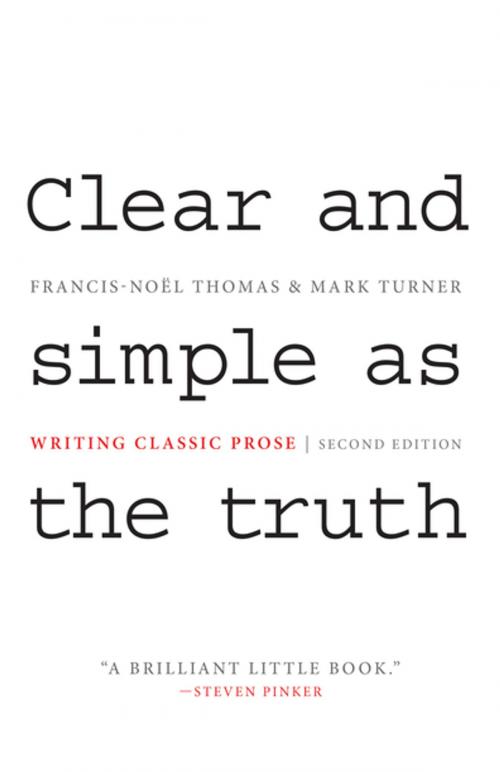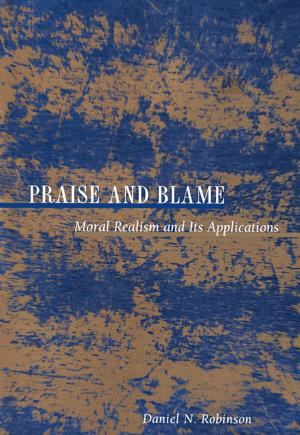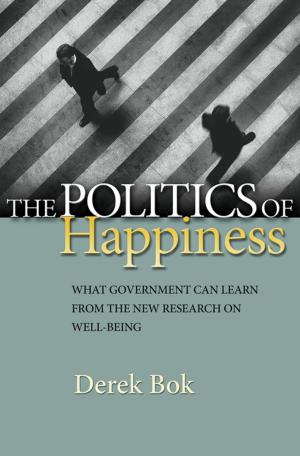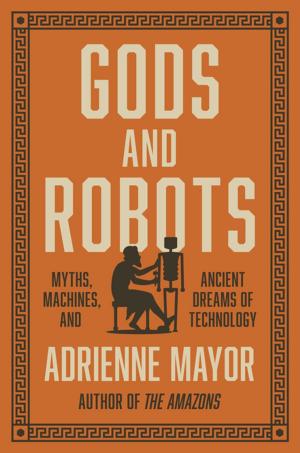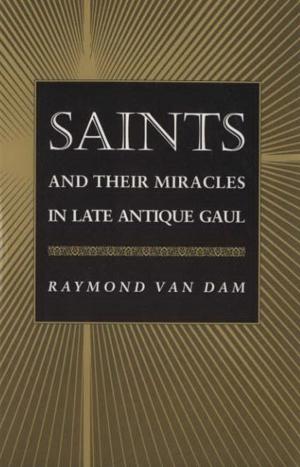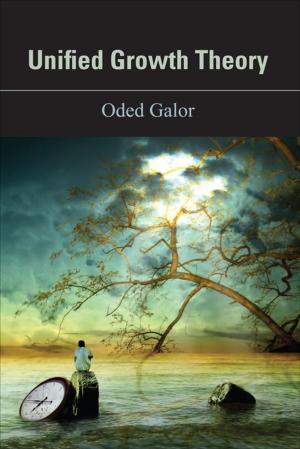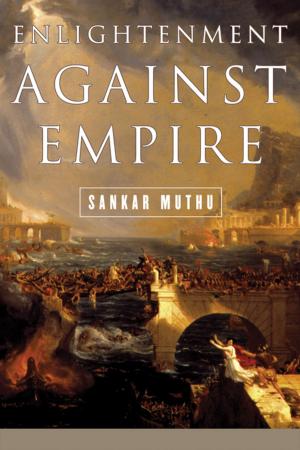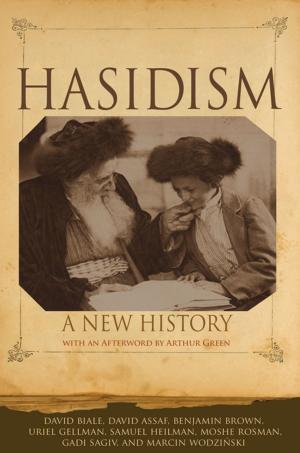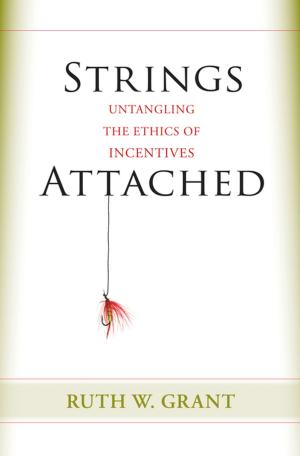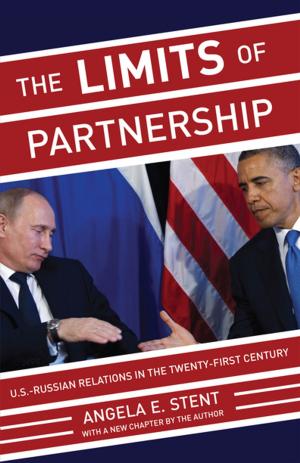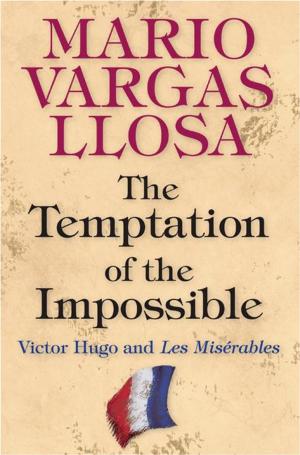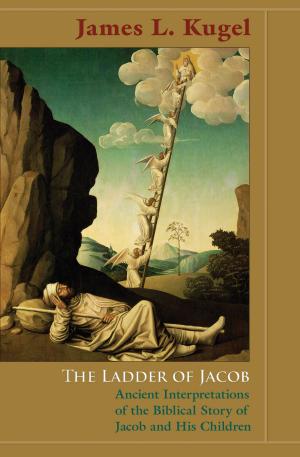Clear and Simple as the Truth
Writing Classic Prose - Second Edition
Nonfiction, Reference & Language, Language Arts, Writing & Publishing, Composition & Creative Writing, Reference| Author: | Francis-Noël Thomas, Mark Turner | ISBN: | 9781400838547 |
| Publisher: | Princeton University Press | Publication: | February 28, 2011 |
| Imprint: | Princeton University Press | Language: | English |
| Author: | Francis-Noël Thomas, Mark Turner |
| ISBN: | 9781400838547 |
| Publisher: | Princeton University Press |
| Publication: | February 28, 2011 |
| Imprint: | Princeton University Press |
| Language: | English |
For more than a decade, Clear and Simple as the Truth has guided readers to consider style not as an elegant accessory of effective prose but as its very heart. Francis-Noël Thomas and Mark Turner present writing as an intellectual activity, not a passive application of verbal skills. In classic style, the motive is truth, the purpose is presentation, the reader and writer are intellectual equals, and the occasion is informal. This general style of presentation is at home everywhere, from business memos to personal letters and from magazine articles to student essays. Everyone talks about style, but no one explains it. The authors of this book do; and in doing so, they provoke the reader to consider style, not as an elegant accessory of effective prose, but as its very heart.
At a time when writing skills have virtually disappeared, what can be done? If only people learned the principles of verbal correctness, the essential rules, wouldn't good prose simply fall into place? Thomas and Turner say no. Attending to rules of grammar, sense, and sentence structure will no more lead to effective prose than knowing the mechanics of a golf swing will lead to a hole-in-one. Furthermore, ten-step programs to better writing exacerbate the problem by failing to recognize, as Thomas and Turner point out, that there are many styles with different standards.
The book is divided into four parts. The first, "Principles of Classic Style," defines the style and contrasts it with a number of others. "The Museum" is a guided tour through examples of writing, both exquisite and execrable. "The Studio," new to this edition, presents a series of structured exercises. Finally, "Further Readings in Classic Prose" offers a list of additional examples drawn from a range of times, places, and subjects. A companion website, classicprose.com, offers supplementary examples, exhibits, and commentary, and features a selection of pieces written by students in courses that used Clear and Simple as the Truth as a textbook.
For more than a decade, Clear and Simple as the Truth has guided readers to consider style not as an elegant accessory of effective prose but as its very heart. Francis-Noël Thomas and Mark Turner present writing as an intellectual activity, not a passive application of verbal skills. In classic style, the motive is truth, the purpose is presentation, the reader and writer are intellectual equals, and the occasion is informal. This general style of presentation is at home everywhere, from business memos to personal letters and from magazine articles to student essays. Everyone talks about style, but no one explains it. The authors of this book do; and in doing so, they provoke the reader to consider style, not as an elegant accessory of effective prose, but as its very heart.
At a time when writing skills have virtually disappeared, what can be done? If only people learned the principles of verbal correctness, the essential rules, wouldn't good prose simply fall into place? Thomas and Turner say no. Attending to rules of grammar, sense, and sentence structure will no more lead to effective prose than knowing the mechanics of a golf swing will lead to a hole-in-one. Furthermore, ten-step programs to better writing exacerbate the problem by failing to recognize, as Thomas and Turner point out, that there are many styles with different standards.
The book is divided into four parts. The first, "Principles of Classic Style," defines the style and contrasts it with a number of others. "The Museum" is a guided tour through examples of writing, both exquisite and execrable. "The Studio," new to this edition, presents a series of structured exercises. Finally, "Further Readings in Classic Prose" offers a list of additional examples drawn from a range of times, places, and subjects. A companion website, classicprose.com, offers supplementary examples, exhibits, and commentary, and features a selection of pieces written by students in courses that used Clear and Simple as the Truth as a textbook.
